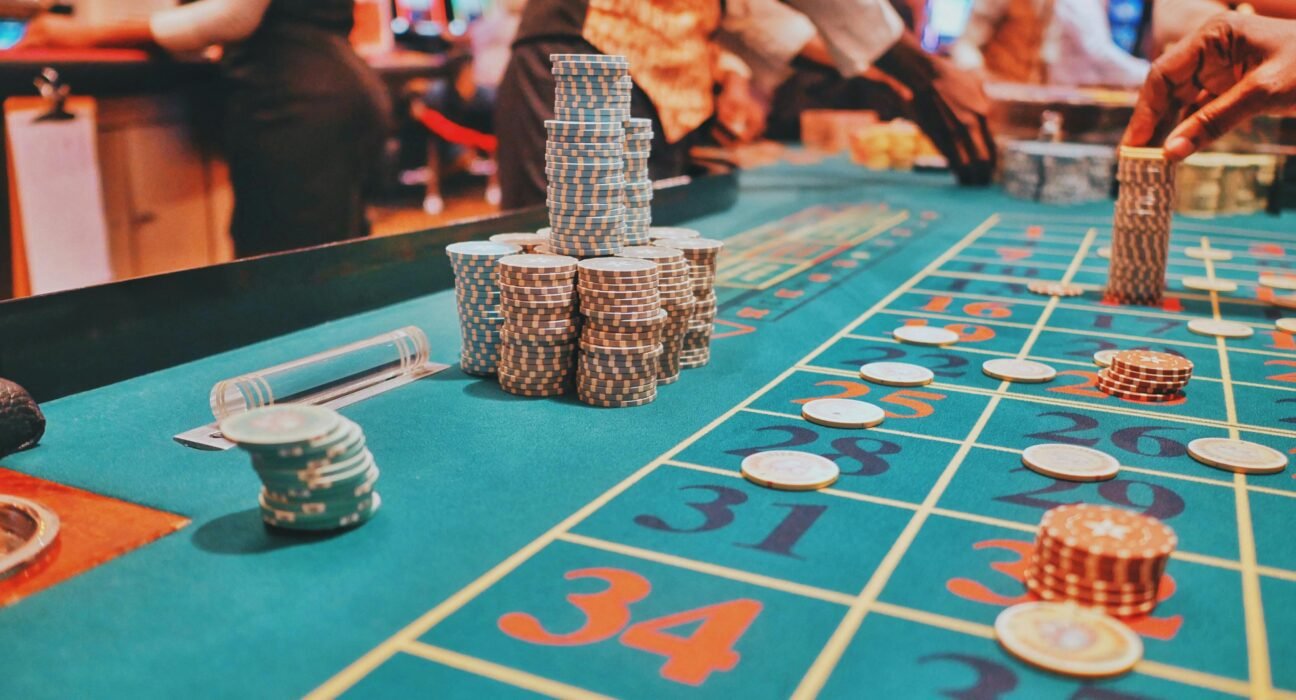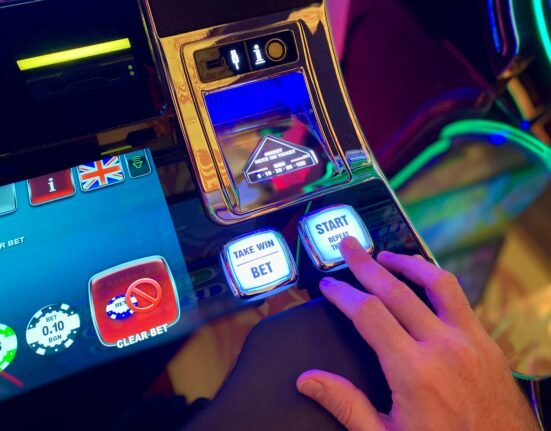Unmarried, Low-Income, and Shift Workers at Greater Risk; Social Support Seen as Vital Buffer
A comprehensive year-long study has shed light on the growing mental health challenges faced by casino workers in Macau, especially in the wake of the Covid-19 pandemic. Conducted by the Chinese Federation for Analytical Psychology in collaboration with the City University of Macau’s School of Health Sciences and the Macau Gaming Industry Employees Home, the research underscores significant levels of stress, anxiety, and depression among this critical workforce.
Over 700 Workers Surveyed in Landmark Study
The study titled Post-pandemic Psychological Assistance for Macau Casino Employees surveyed more than 700 employees across the region’s gaming sector. Researchers Cao Wai and Sit Tou On Kei reported a troubling prevalence of psychological distress, with many participants noting symptoms of anxiety and depression experienced within the previous two weeks.
While the overall workforce in Macau’s gaming industry exceeds 70,000, the sample represents a meaningful cross-section of employees affected by shifting work conditions, reduced job security, and lingering post-pandemic economic uncertainties.
Who’s Most at Risk?
The data indicates that unmarried individuals, low-income earners, and shift workers—especially those on rotating schedules—are disproportionately vulnerable to mental health issues. These groups, already susceptible due to socio-economic and work-related stressors, reported higher levels of perceived stress and emotional instability.
“Employees with inconsistent routines and limited personal support networks are struggling the most,” said Cao Wai. “They are not only exposed to job-related pressures but also have fewer resources to cope.”
The Role of Social Support
One of the study’s most promising findings was the protective effect of social support. Workers with strong family and community connections showed lower levels of psychological distress, suggesting that support systems can act as emotional anchors in high-pressure environments.
A Call for Action and Innovation
Pak Kin Pong, Supervisor at the Macau Gaming Industry Employees Home Integrated Services Centre, emphasized that these findings demand immediate attention from social service agencies.
“We need targeted mental health strategies that include the use of technology to identify at-risk individuals early,” he said. “Partnerships with academic institutions can help deliver scalable, accessible support.”
Next Steps in Mental Health Research
City University of Macau Professor Shen Heyong confirmed that additional research initiatives are underway. One upcoming project will focus on psychological support for cancer patients and their families, continuing the push for locally grounded, evidence-based mental health strategies.
As Macau rebuilds its gaming industry in a post-pandemic world, understanding and addressing the emotional well-being of its workforce may be just as crucial as economic recovery.






















